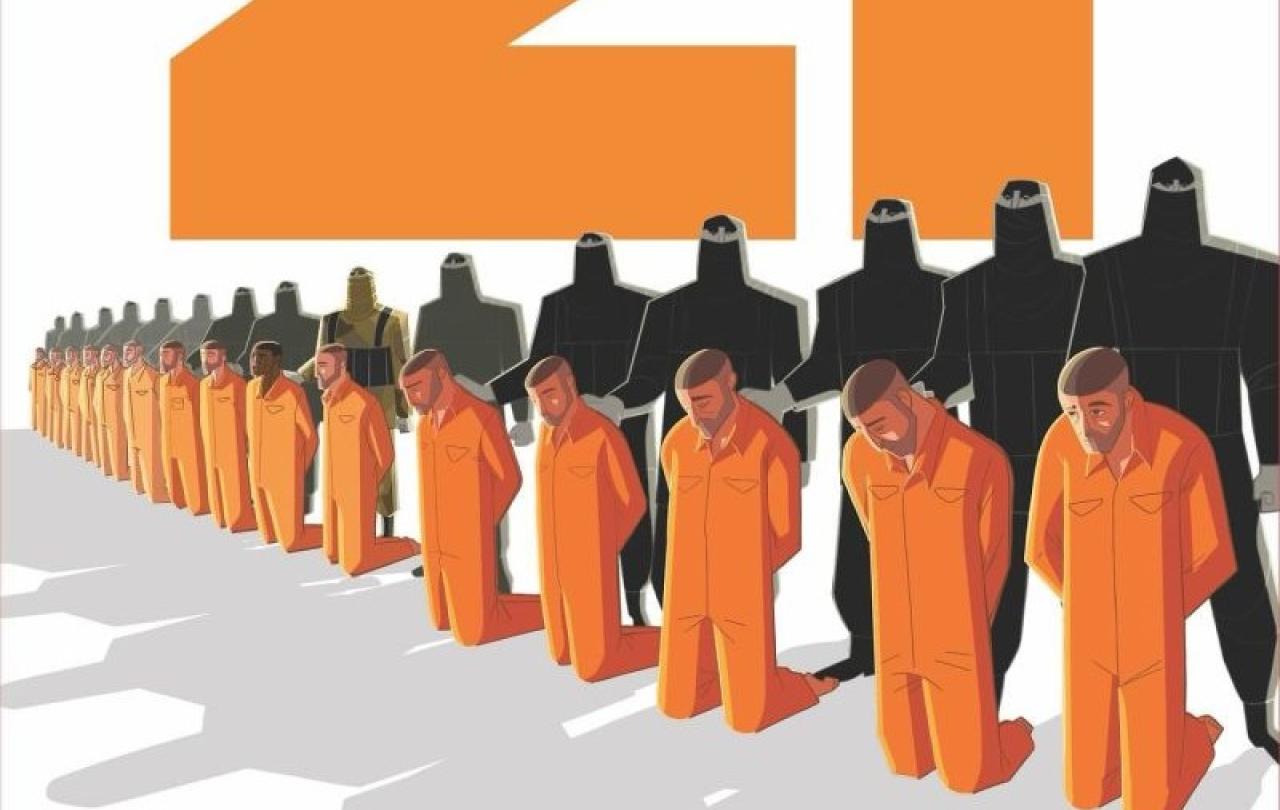
“Blue Monday” in Aberdeenshire (the third Monday in January) turned out to be a “white Monday” in the end. The snow began on Sunday evening, and it continued on and off throughout the night. It was accompanied by an atmospheric howling wind, which woke me up from time to time. At each waking I peeped through the window to see the world gradually disappear under a thick white blanket.
Monday morning was a liminal place – all of us dressed for work and school but drifting about the house as if it were still the weekend. We live next to a busy road, but there were few cars and what traffic noise there was had become strangely muted. None of us could settle to anything, we simply alternated peering out of the windows with checking online for news about school. Then came the announcement that school would open at 10am (there’s little that really stops for snow in Aberdeenshire) so on went the wellies and the woollies and off we went down the front path, both excited and a little awed to sully the unbroken blanket of white with those first few footprints.
Snow suspends the rule that we have to be standoffish and dour, even in Scotland.
But as we walked, we noticed that our footprints weren’t at all the first. Tiny scratch marks testified that the sparrows, the robin, and the blackbirds had long been out and about, busy with their day’s travail. A slinky line of pawprints revealed the neighbour’s cat had paid us a visit too. All around our house, countless tiny stories of industry and encounter had already been told – (some sliding pawmarks and a few stray feathers suggested a gripping plot twist.) Later that morning, it began to snow again, and all these stories gradually disappeared. By the time my boys came tramping home from school, they were once more tasked with picking out a brand-new path across a fresh unbroken expanse of white.
After dinner I went for my own habitual walk. We’d had yet more flurries, so I had to make new footsteps all over again. By then the wind had dropped, the sky was crystal clear, and the snow had gone from powdery to satisfyingly crunchy underfoot. It felt like an awe-filled privilege to leave my trail of footprints. I walked one of my usual routes, but the white covering had softened both the landscape and the soundscape, making everything seem new and unfamiliar. As I trailed back through the housing estate, I noticed snowmen that had popped up in some front gardens, and neighbours who were chatting as they helped each other to shovel driveways and grit paths. Snow suspends the rule that we have to be standoffish and dour, even in Scotland.
What if I could always watch yesterday’s path being gently erased, and always have another chance to make new?
All in all, it was difficult to feel blue on a white Monday. The snow made it feel as if nothing was permanent, let alone usual. There was no drudgery, no same-old, same-old. I wondered if I could become like one of those tiny birds, skipping lightly through each day’s work? Even whilst canny to the fact that a certain sneaky cat was prowling about. By the time I got home, there were new prints from him also.
In the Bible, snow appears as a metaphor for forgiveness, for making a fresh start. We read in the book of Isaiah: “Though your sins are like scarlet, they shall be as white as snow.” There is much in this idea that runs counter to how our modern society responds to misdeeds – especially in this age of instant messaging and social media, when photographic evidence of our blunders can travel the world instantly and be preserved for posterity. There is also much that runs counter to how I respond to myself when I mess things up. It is not usually the howling wind that keeps me up with ‘the dreads’ on a Sunday night, but my mind’s hobby of regurgitating memories of the previous week’s mistakes, misspeaks, and misunderstandings. In the pre-dawn hours of a Monday morning, I am usually awake and well occupied with the prospect that, in the week to come, I will almost certainly make many of those same mistakes again. I walk those same old paths, re-tread those familiar footsteps – the inevitability of my own imperfection is ever before me.
But what if I peered out of the window at the daybreak of every Monday morning and found that there was snow? That I was held in a liminal moment – less sure of what the coming week would hold. What if I could always watch yesterday’s path being gently erased, and always have another chance to make new? Ideas such as this are at the heart of the Christian hope. In the Bible, the Psalmist writes that God does not treat us as our sins deserve, nor repay us according to our mistakes. Instead, God takes them away so infinitely that they are: “as far as the East is from the West.” They are gone, from red as scarlet to as white as snow.
I suppose snow every Monday would be inconvenient. But snow on Blue Monday felt like a kindness – a gentle rendering of the familiar into the unfamiliar, allowing me to see things anew, to reflect, to reconsider, to redirect my steps in certain ways. As I write, there is more snow falling. Later I shall have to go out with the shovel and the grit, but I won’t do it yet. If I leave it for now, then when my boys return from school in a few minutes time, they too can tread one more time with awe across a fresh, unbroken expanse of white.





